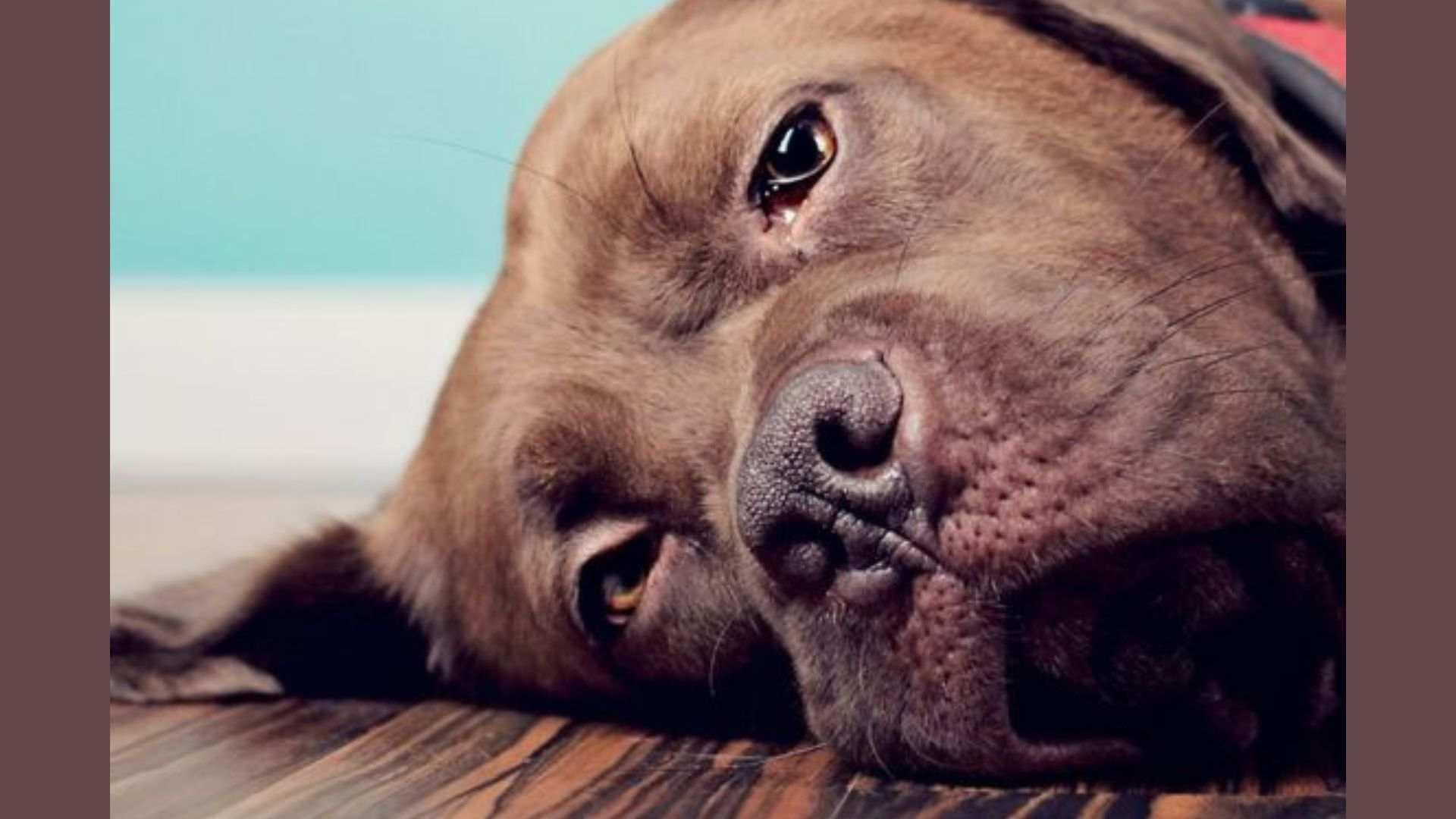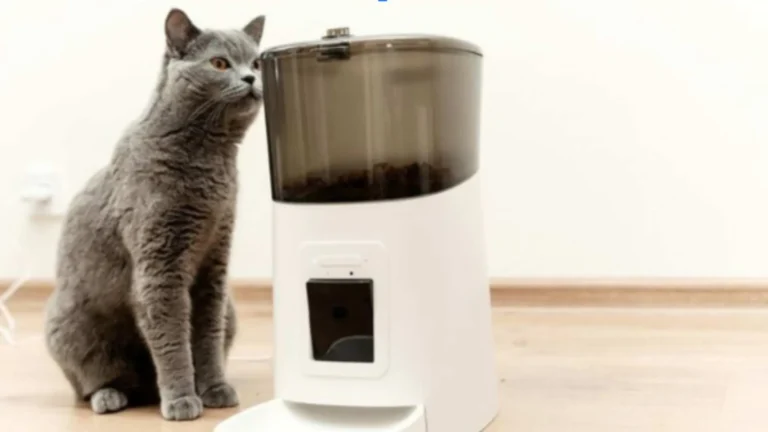
As a dog owner, you probably observed your canine friend panting more often than normal. This can be alarming and you may be wondering why is my dog panting so much. Dogs sweat to control their body temperatures, but heavy or unusual panting could point to a problem. In this post, we will look at many explanations for why is my dog panting so much and examine alternative treatments to maintain your dog’s health.
Panting in dogs
Dogs and pups pant by expanding their jaws and showing their gums, causing them to cool as well as hydrate their entire bodies. Panting is a normal behavior in dogs as they lack glands for sweating and rely on evaporated moisture through their mouths and tongue to control their body temperature. It shouldn’t be confused with labored breathing, which is characterized by struggling breathing and symptoms of anxiety.
Normal Panting
Panting is a major way to allow dogs to remove extra body temperature. Panting enables water and heat to evaporate across the moist areas of the tongue, lungs, and mouth. So it’s natural for them to make noises on hot days or after activity. Dogs have sweating glands that exist on the bottoms of their feet as well as in their ears, but these sweat glands are only marginally effective at cooling.
Abnormal Panting
Panting is deemed abnormal when it happens for causes apart from dissipating heat and can be identified by any or all of the following features:
- Happens at inconvenient times
- It happens with greater effort than usual
- The sound is raspier, stronger, or rougher than usual
- When opposed to the dog’s typical breathing pattern, it appears heavy
Why is my dog panting so much? – Reasons
Some of the key reasons why is my dog panting so much are as follows:
- Heat and Overexertion
- Medications and Allergies
- Anxiety and Stress
- To chill out
- Breed Particular Factors
- Physical Issue
- Illness or Pain
In the following part, we will go over why is my dog panting so much and explore each of the possible causes, as well as when you should visit the doctor.
Heat and Overexertion
The most typical causes of too much panting in dogs are heat and overexertion. Dogs, unlike humans, do not sweat; instead, they expel heat via their foot pads and breathing. If your dog gets used to hot temperatures, does not have access to shelter or water, or performs in hard movement, panting is a normal cooling response. Make sure your dog has a supply of clean water and a cool, airy environment at all periods.
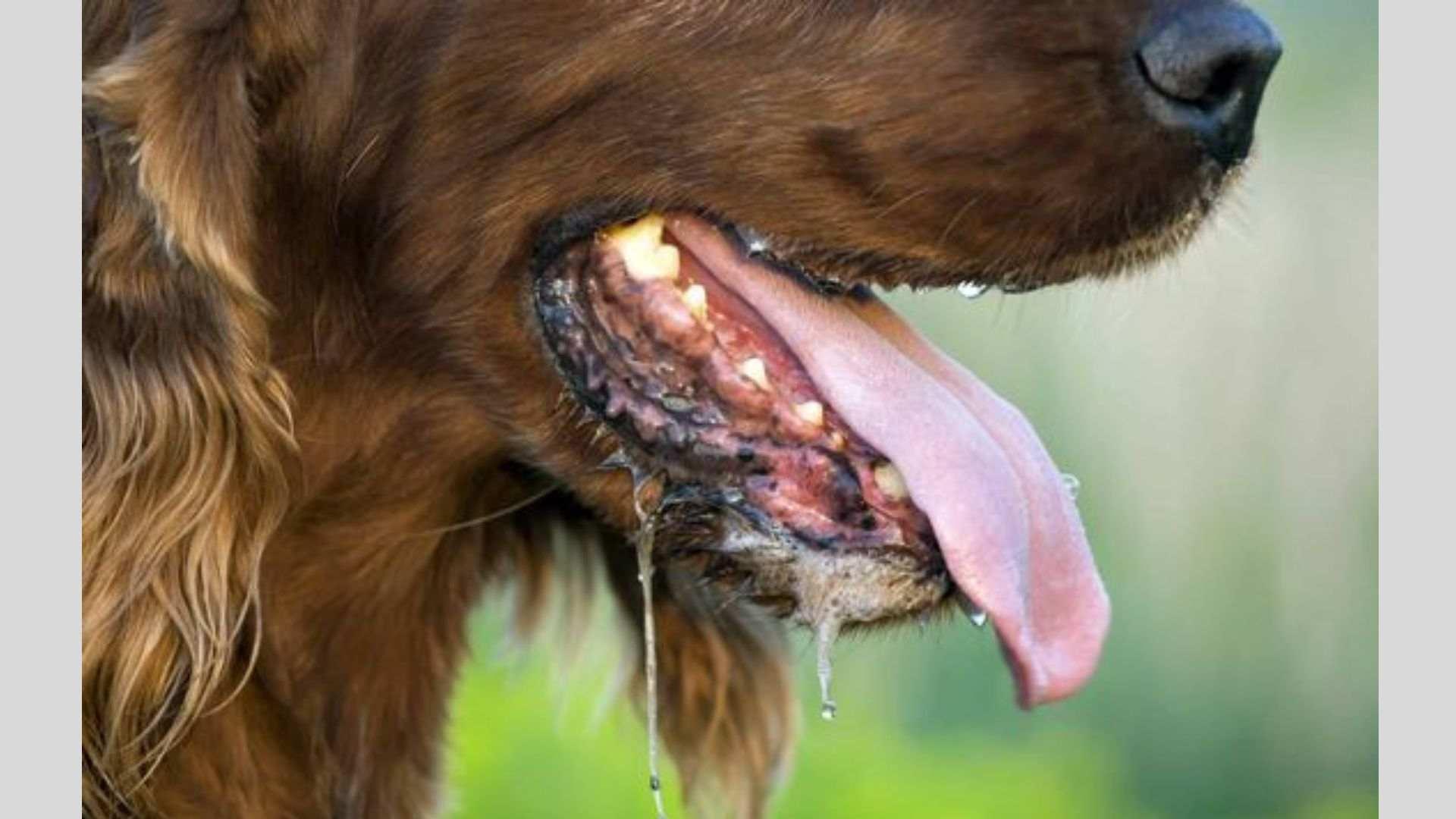
Medicines and Allergies
Some drugs may produce panting as a negative impact. If your dog just began taking a new medicine, consult with your veterinarian to see if panting is a frequent side effect. Allergies, including reactions to food and insect stings, may trigger panting, as well as symptoms such as redness, itching, or puffiness. Recognizing and avoiding irritants, as well as utilizing prescription medications, can help relieve allergy panting.
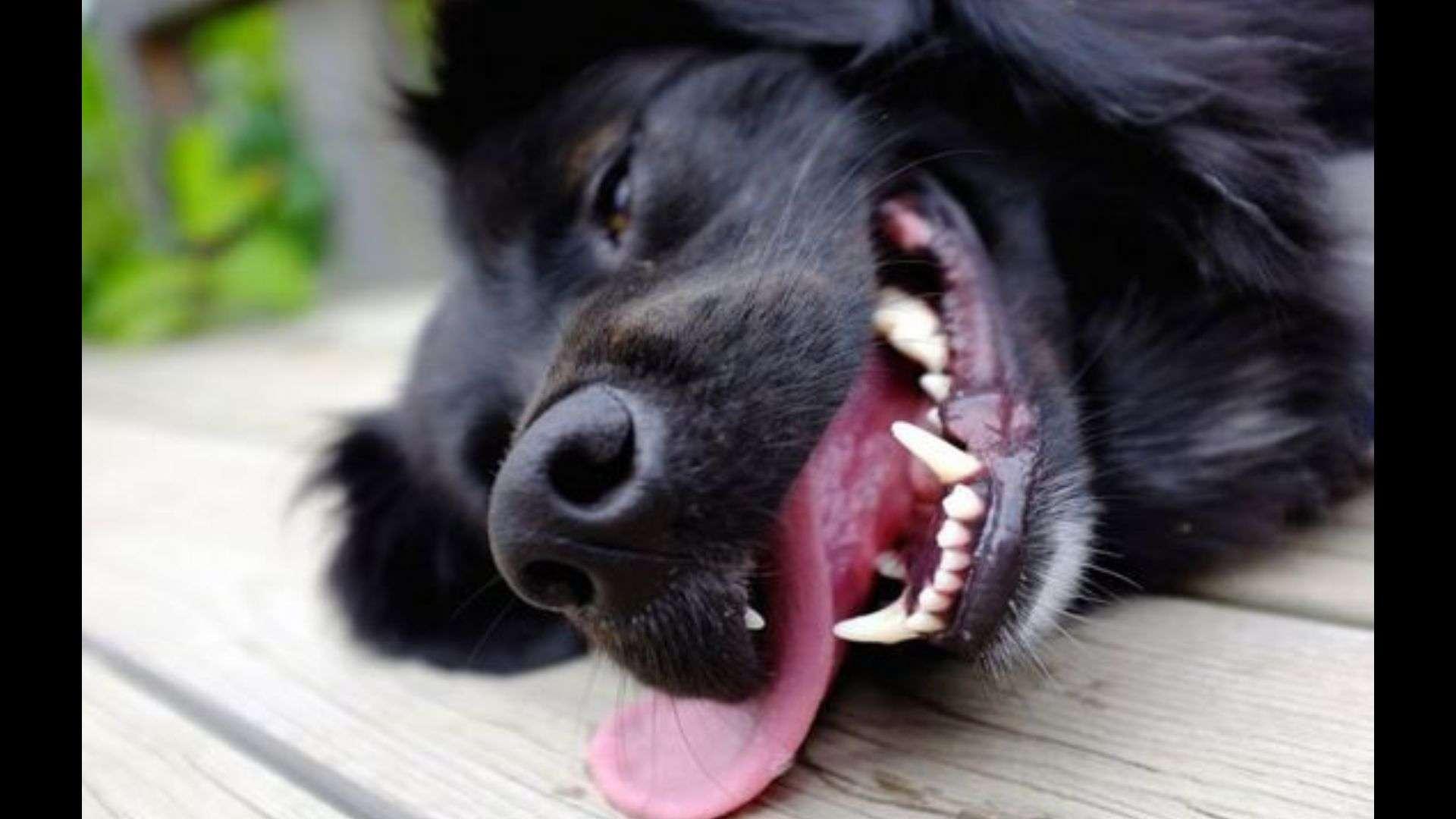
Anxiety and Stress
Dogs, believe it or not, can suffer from stress and anxiety disorders. This could potentially be one of the key reasons why is my dog panting so much. They may suffer stress as well as anxiety, which causes them to pant more. Loud sounds, anxiety when separated, changes in habits, and unexpected locations can all cause anxiety in dogs. Panting, together with other signs such as running around groaning, or harmful behavior, may suggest anxiety in your dog. Fostering a quiet and stable environment, offering mental exercise, and employing strategies like training or reconditioning can all help to relieve anxiety-related panting.
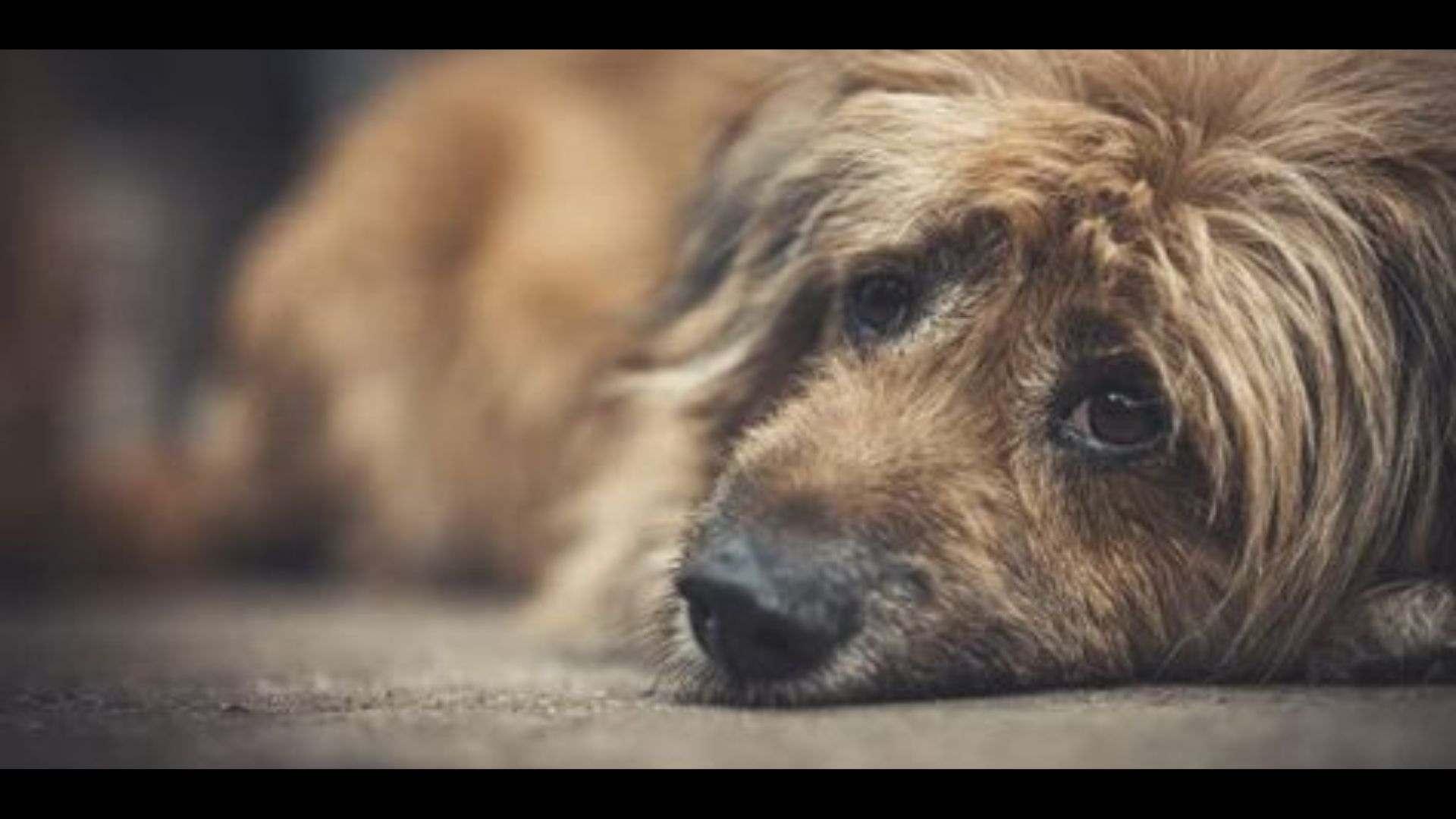
To chill out
Dogs pant while activities to cool them down because they don’t perspire like humans. Panting helps them to swap heat for cooler air; however, it is not a powerful procedure. Short-faced dogs have a harder time staying cool. As dogs become hotter, their breathing gets more vigorous, and it can be followed by drool and burning of their tongue as well as gums. Overheating symptoms involve a bright red jaw, especially gums, broad eyes, failing, and an extended tongue. It is important to keep pets cool from overexposure to heat so they avoid overheating. Never leave a dog lonely in an overheated car. If required, seek veterinarian care.

Breed Particular Factors
Several dog breeds are particularly susceptible to panting because of physical traits. Brachycephalic species, such as Bulldogs along with Pugs, possess smaller snouts and narrow airways, which make it more difficult for the animals to breathe adequately. As an outcome, they pant excessively to adjust for the decreased airflow. Furthermore, because of their increased size and the stress on their respiratory system, obese pups can pant heavily. Active living, control of weight, and a healthy diet can all assist to alleviate these breed-specific panting problems.

Physical Issue
Panting in dogs could be related to a variety of physical issues. A high fever, some drugs, a full belly or bloat, Cushing’s disorder illness, and vocal paralysis are all possible causes. Dogs pant to control their internal temperature, although these underlying diseases can cause excessive or odd breathing. If your dog develops strange panting patterns or other troubling signs, it is necessary to receive veterinarian care.
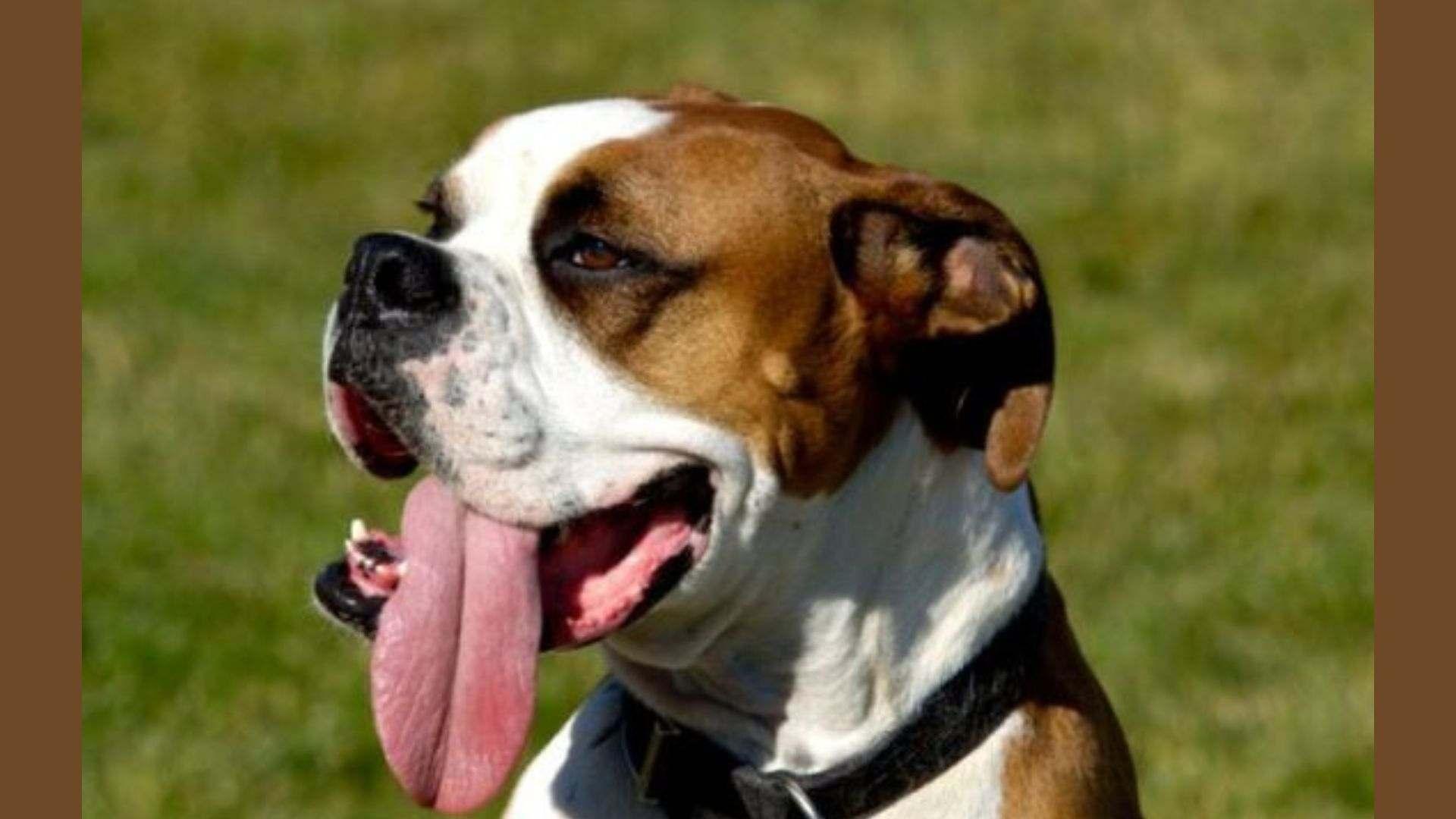
Illness or Pain
Excessive panting can sometimes indicate a deeper medical condition or pain. Whenever dogs have a high temperature, respiratory issues, heart illness, or any other medical disorders, they may pant more. Excessive panting may also be triggered by discomfort or pain, including from wounds or disease. If you detect any additional symptoms, such as coughing, tiredness, loss of hunger, or strange behavior, you should visit the vet immediately.
Time to call your vet
If you notice your dog panting heavily while relaxing or asleep, it might be suffering from breathing problems. If your dog exhibits any of the identified signs, the very initial step you need to do is to contact your veterinarian as quickly as possible. They’ll be capable to advise you on what actions to perform till you approach a pet’s hospital.
- Their panting begins unexpectedly
- Open mouth breathes while lying down
- Drooling is out of form
- Brick-red, blue-tinged, or yellow gums
- Inabilities to consume, drink, or walk
- Breathing is visibly labored
- Heavy, rapid breathing that is louder or sounds louder than typical panting
Frequently Asked Questions
Q: Why is my dog panting so much for no reason?
Discomfort, anxiety, and sickness are some of the leading causes of panting if there’s no visible temperature-related explanation.
Q: What to do when my dog is panting?
While your dog is panting heavily, you could use the guidelines provided below.
- Wet down your dog with a spray bottle and take him inside or somewhere to the shelter.
- Give them some water to drink.
- For advice, contact the vet or a nearby emergency clinic.
- If you need to take your dog to the vet, turn on the air cooling in the vehicle.
Q: When should I worry about dog panting?
Dogs pant for several kinds of factors, and it’s common for them to do so. However, heavy panting could indicate stress, discomfort, heat exhaustion, or a serious medical issue. As an outcome, it’s recommended to get them examined by an animal doctor.
Q: What are the signs of heart failure in dogs?
Coughing while resting or sleeping, frequent panting, prolonged loss of hunger, a large tummy, and yellow or blue gums are all symptoms of heart failure.
Why is my dog panting so much? – Conclusion
Although panting is a normal response in dogs, excess or unusual panting should be avoided. Why is my dog panting so much? To answer that question, you must first understand the possible causes of your dog’s heavy panting. It is critical to their well-being. Heat, fear, disease, breed-specific variables, drugs, or allergies can all lead to excessive panting. You can make the adored furry buddy remain at ease and well by treating the root cause and seeing a vet as needed. Remember that careful attention and swift action are critical to your dog’s general state of life.
